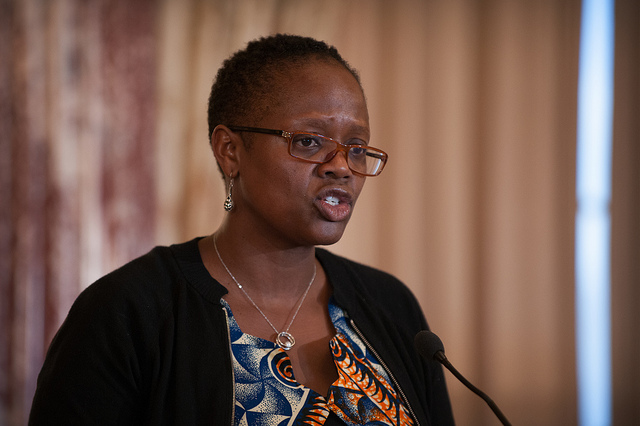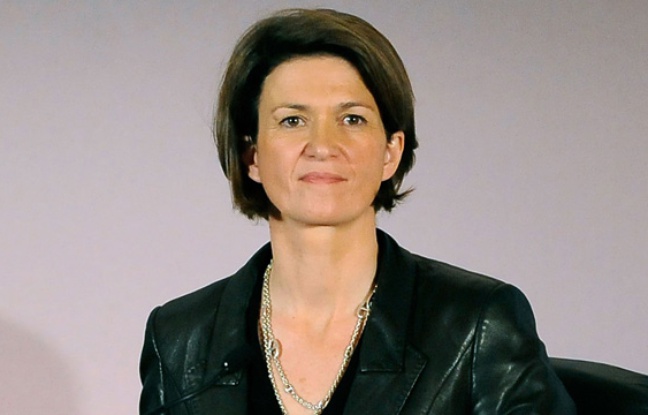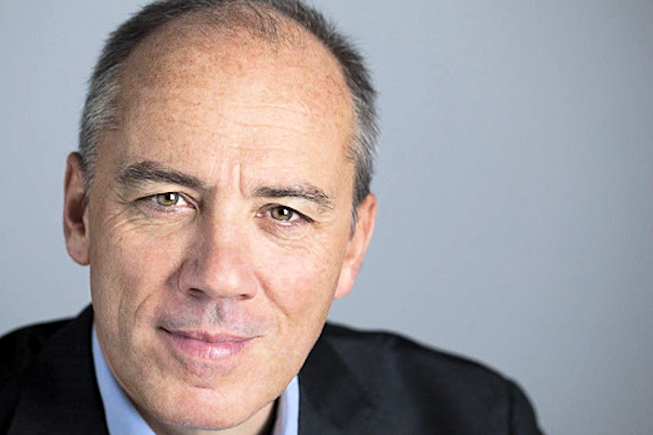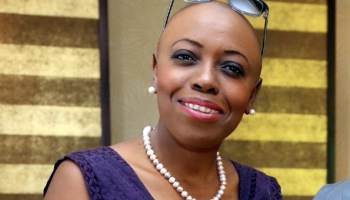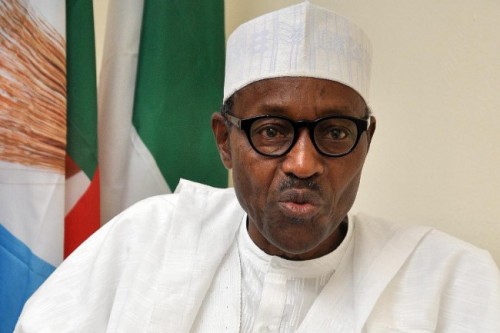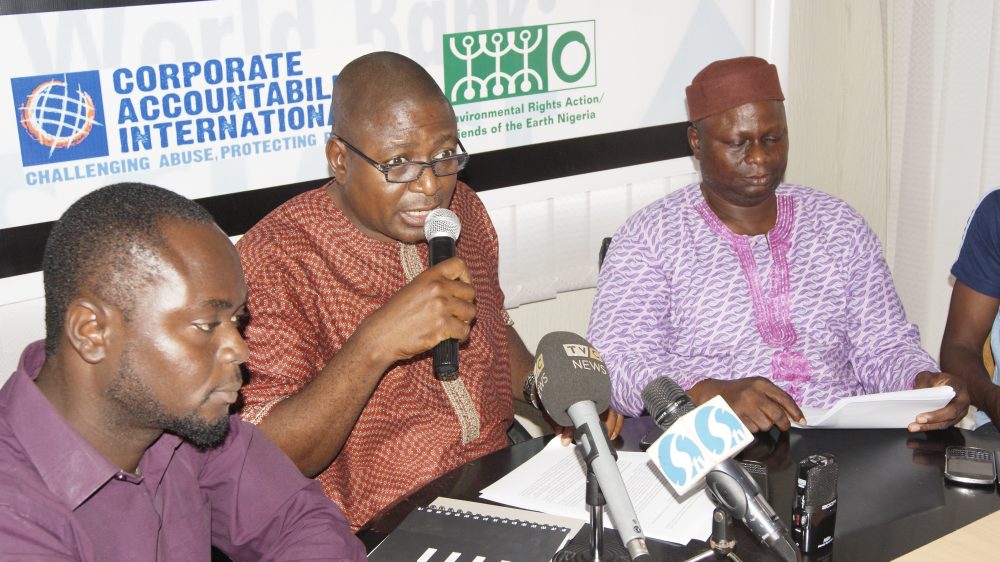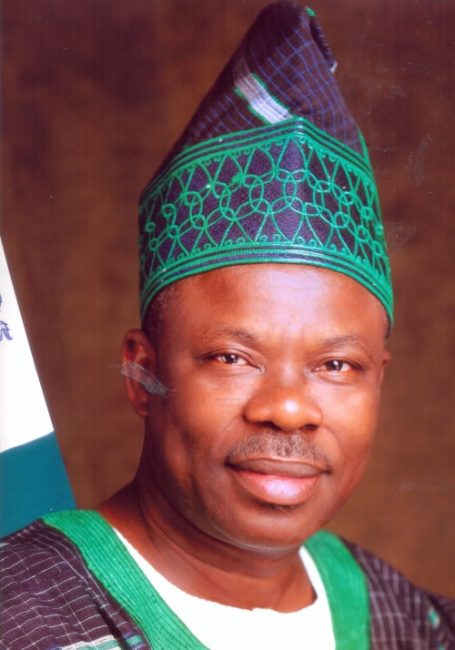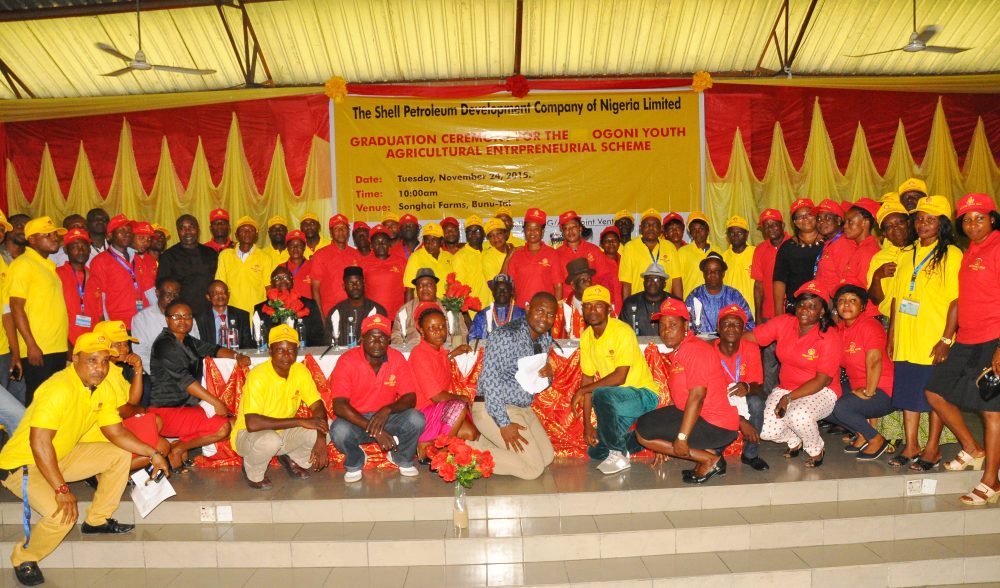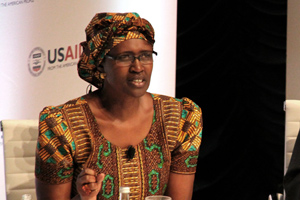Following its approval by President Muhammadu Buhari on 26 November 2015 and subsequent submission to the United Nations Framework Convention on Climate Change (UNFCCC), Nigeria’s Intended Nationally Determined Contributions (INDCs) was eventually reflected on the UNFCCC site on Friday, November 28, 2015 by precisely 12:24:55.

Two separate documents – the INDCs proper and an executive summary – are both available on the UNFCCC site, here: http://www4.unfccc.int/submissions/INDC/Submission%20Pages/submissions.aspx.
While the main text can be accessed here: http://www4.unfccc.int/submissions/INDC/Published%20Documents/Nigeria/1/Approved%20Nigeria’s%20INDC_271115.pdf, the summary is available here: http://www4.unfccc.int/submissions/INDC/Published%20Documents/Nigeria/1/Executive%20Summary_Nigerian%20INDC_271115.pdf.
Environment Minister, Mrs Amina Mohammed, had on Wednesday, November 26, 2015 broke the news on Twitter (via her handle, @AminaJMohammed). She had twitted: “Nigeria submits it’s INDC to UNFCC. Now we begin the journey for Nigerians, People & Planet leaving no 1 behind!”
While the objective of the plan is Reduction from Business as Usual, it will be implemented within a 15-year period from 2015, with a base data period of 2010-2014. It intends to boost economic and social development by growing the economy by 5% per year, improve standard of living, and ensure electricity access for all.
The INDCs key targets are:
- Work towards ending gas flaring by 2030
- Work towards Off-grid solar PV of 13GW (13,000MW)
- Efficient gas generators
- 2% per year energy efficiency (30% by 2030)
- Transport shift car to mass transit
- Improve electricity grid
- Climate smart agriculture and reforestation.
Including Nigeria, 183 parties to the UNFCCC have formally submitted their INDCs.
The Paris agreement will come into effect in 2020, empowering all countries to act to prevent average global temperatures rising above 2 degrees Celsius and to reap the many opportunities that arise from a necessary global transformation to clean and sustainable development.
Countries have agreed that there will be no back-tracking in these national climate plans, meaning that the level of ambition to reduce emissions will increase over time.
A summary of the Nigerian INDCs is presented thus:
National Context
In 2014, Nigeria became the largest economy in sub-Sahara Africa. Nigeria is a lower middle income developing country, the GDP per capita in current US$ is about $2,950. The economy is diversifying and has grown over 6% per year for the past decade. Yet, significant challenges remain. Food insecurity, lack of access to energy and high unemployment, amongst others, remain principal constraints on economic development and are of primary concern to the government. Those below the poverty line of US$1.25 PPP still make up 30% of the population. The recent sharp decline in world oil prices has put pressure on the federal government budget, which continues to depend significantly on export revenues. The Nigeria INDC, therefore, focuses on the delivery of direct development benefits and sustainable growth of the economy.
In addition to these challenges, the country is considerably impacted by climate change. The north of the country, for example, is highly vulnerable to drought. A recent Pew Research Center global attitudes survey found that 65% of Nigerians are very concerned about the threat climate change poses, ahead of global economic instability (48%). HE, President Muhammadu Buhari has stated in his inaugural speech that Nigeria is committed to tackling climate change. Nigeria’s INDC demonstrates its determination to contribute to the success of the Paris climate summit in December 2015 and to grow its economy sustainably while reducing carbon pollution.
The INDC promotes sustainable development and delivering on government priorities. The policies and measures included in the Nigeria INDC will deliver immediate development benefits and do not compromise sustainable growth, on the contrary. Ambitious mitigation action is economically efficient and socially desirable for Nigeria, even when leaving aside its climate benefits. The policies and measures alleviate poverty, increase social welfare and inclusion, as well as improving individual well-being, which includes a healthy environment. Furthermore, by not undertaking these measures Nigeria would incur significant adaptation costs from exacerbated climate change.
Nigeria has been actively engaged in international climate policy negotiations since it became a Party to the UN Framework Convention on Climate Change (FCCC) in 1994 ratifying its Kyoto Protocol in 2004. Nigeria submitted its First National Communication (FNC) in 2003 and a Second National Communication in February 2014. Nigeria is host to a number of Clean Development Mechanism projects, as well as projects financed by the Adaptation Fund. In September 2012, the Federal Executive Council approved the Nigeria Climate Change Policy Response and Strategy. HE, President Muhammadu Buhari, The President of the Federal Republic of Nigeria on 26 November 2015, approved the Nigeria INDC.
Summary
Under a business-as-usual growth scenario, consistent with strong economic growth of 5% per year, Nigeria’s emissions are expected to grow to around 900 million tonnes per year in 2030, which translates to around 3.4 tonnes per person. The key measures below could potentially reduce emissions by around 45 per cent compared to business as usual. Yet, Nigeria has a great potential for climate smart development, given support for implementation. Much of the reduction potential identified has zero net cost or indeed achieves a net economic benefit. That is, the measures would benefit Nigeria overall, even before taking into account the climate benefits.
Climate Change Policy Framework
In order to reflect the increasing importance of climate change issues in Nigeria, the Federal Executive Council adopted in 2012 the Nigeria Climate Change Policy Response and Strategy. To ensure an effective national response to the significant and multi-facetted impacts of climate change, Nigeria has adopted a comprehensive strategy, as well as a number of specific policies. The strategic goal of the Nigeria Climate Change Policy Response and Strategy is to foster low-carbon, high growth v economic development and build a climate resilient society through the attainment of the following objectives:
- Implement mitigation measures that will promote low carbon as well as sustainable and high economic growth;
- Enhance national capacity to adapt to climate change;
- Raise climate change related science, technology and R&D to a new level that will enable the country to better participate in international scientific and technological cooperation on climate change;
- Significantly increase public awareness and involve private sector participation in addressing the challenges of climate change;
- Strengthen national institutions and mechanisms (policy, legislative and economic) to establish a suitable and functional framework for climate change governance.
Climate Change Adaptation
Nigeria has adopted adaptation policies and measures described in more detail in section 3.2.2. Nigeria’s response to climate change has focused on increasing resilience and managing the unavoidable impacts. The National Adaptation Strategy and Plan of Action for Climate Change Nigeria (NASPA-CCN) describes our adaptation priorities, bringing together existing initiatives and priorities for future action. The 2011 NASPA-CCN Vision is a Nigeria in which climate change adaptation is an integrated component of sustainable development, reducing the vulnerability and enhancing the resilience and adaptive capacity of all economic sectors and of all people – particularly women, children, and resource-poor men – to the adverse impacts of climate change, while also capturing the opportunities that arise as a result of climate change. Our goal is to take action to adapt to climate change by reducing vulnerability to climate change impacts and increasing the resilience and sustainable wellbeing of all Nigerians; and to reduce or minimise risks by improving adaptive capacity, leveraging new opportunities, and facilitating collaboration inside Nigeria and with the global community.
To this end, a set of 13 sector-specific strategies, policies, programmes and measures have been prepared, which are included in full in Annex 1 to this INDC. The objectives of these are to reduce the impacts of climate change through adaptation measures that can be undertaken by the Federal, State and Local Governments, civil society, private sector, communities and individuals, including measures that will:
- Improve awareness and preparedness for climate change impacts
- Mobilise communities for climate change adaptation actions
- Reduce the impacts of climate change on key sectors and vulnerable communities
- Integrate climate change adaptation into national, sectoral, State and Local Government planning and into the plans of universities, research and educational organisations, civil society organisations, the private sector and the media.


